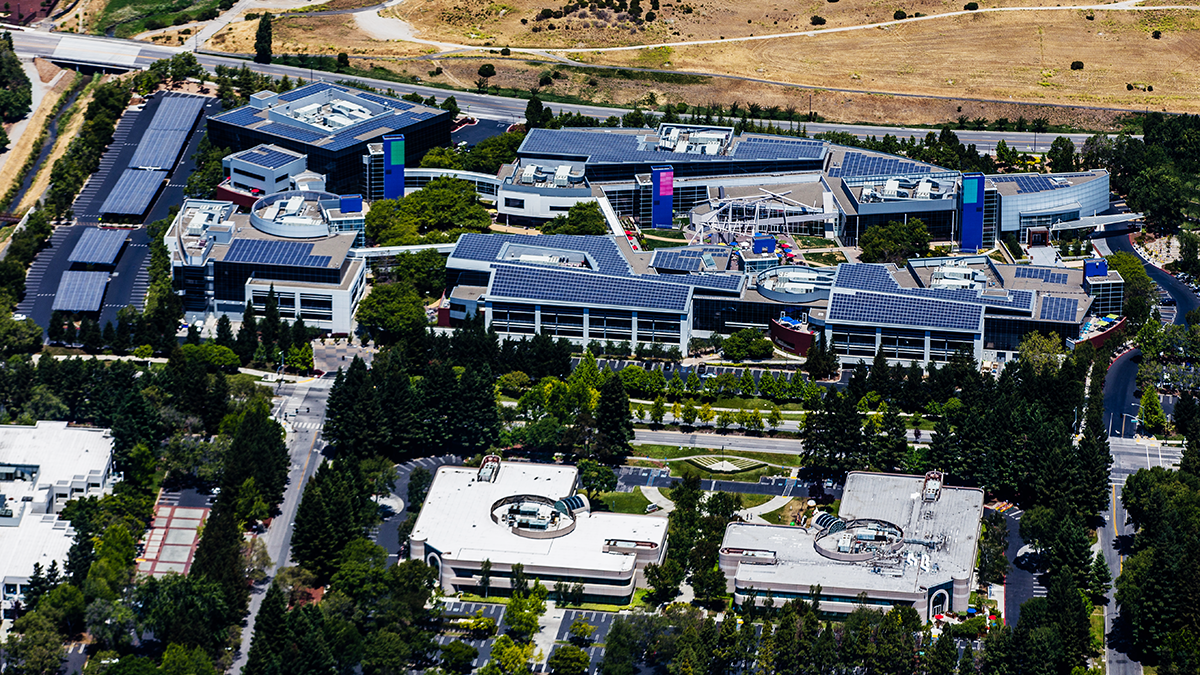
Alphabet Is No Longer A Member Of $1 Trillion Club
After joining the likes of Apple, Microsoft and Amazon in the $1 trillion club for the first time last month, Alphabet, Google’s parent company, saw its stock market value fall back below that threshold on Tuesday after the company underperformed in the fourth quarter.
- Shares of Alphabet have fallen around 3% since the earnings miss on Monday, which has lowered the company’s market cap back down to around $990 billion, Reuters first reported.
- For the first time in five years, the search giant reported fourth-quarter revenue that was below expectations as sales figures for Google’s main advertising business (which has faced slower revenue growth for some time), its newer YouTube and Google Cloud segments all broadly disappointed.
- Google’s market value had passed $1 trillion for the first time in mid-January, making it the fourth big tech company at the time to surpass that milestone.
- Apple was the first public company to reach a $1 trillion market cap back in August 2018, and continued to forge ahead with the stock rising nearly 6% in 2020 while it’s market value sits around $1.39 trillion.
- Microsoft joined the $1 trillion club during the first half of 2019; its shares are up 12% so far in 2020 and the company is now worth $1.37 trillion giving Apple a run for its money as the most valuable U.S. company.
- Jeff Bezos’ Amazon is the third big tech company with a market cap of more than $1 trillion—valued at $1.01 trillion today, its stock has risen just over 7% this year.
Crucial statistic: Despite Alphabet’s missed earnings and decline in market value, Wall Street analysts remain overwhelmingly bullish on the stock and appear to be confident that it can bounce back. Eighty-nine percent of analysts covering the stock assign it a “buy” rating, 11% a “hold” rating and 0% a“sell” rating, according to Bloomberg data.
Key background:
Google stock returned 26% last year, and moved higher thanks to a historic leadership change that was cheered by investors. Cofounders Larry Page and Sergey Brin stepped down and were replaced by new CEO Sundar Pichai last December. Google’s continued growth over the last decade can be credited to the relative strength of its core advertising business, key value acquisitions like YouTube and expansion into other fast-growing areas—such as cloud computing and its “moonshot” projects, like self-driving car division Waymo.
What to watch for:
Google has also been facing slower revenue growth in its main advertising business during recent years, with sales growth dipping below 20% in three quarters last year (compared to just once in the previous three years), according to Reuters. In the hopes of reassuring investors, Google for the first time unveiled sales figures of newer growth segments like YouTube and Google Cloud—but even those numbers disappointed.
YouTube generated some $15 billion in revenue last year (analysts had estimated that to be as high as $25 billion), while Google Cloud grew at a slower pace than its rival, Microsoft’s Azure.



